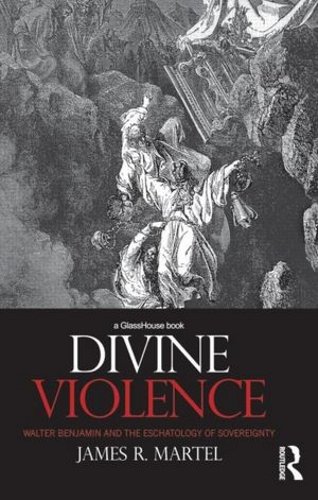

Most ebook files are in PDF format, so you can easily read them using various software such as Foxit Reader or directly on the Google Chrome browser.
Some ebook files are released by publishers in other formats such as .awz, .mobi, .epub, .fb2, etc. You may need to install specific software to read these formats on mobile/PC, such as Calibre.
Please read the tutorial at this link: https://ebookbell.com/faq
We offer FREE conversion to the popular formats you request; however, this may take some time. Therefore, right after payment, please email us, and we will try to provide the service as quickly as possible.
For some exceptional file formats or broken links (if any), please refrain from opening any disputes. Instead, email us first, and we will try to assist within a maximum of 6 hours.
EbookBell Team

4.7
16 reviewsDivine Violence looks at the question of political theology and its connection to sovereignty. It argues that the practice of sovereignty reflects a Christian eschatology, one that proves very hard to overcome even by left thinkers, such as Arendt and Derrida, who are very critical of it. These authors fall into a trap described by Carl Schmitt whereby one is given a (false) choice between anarchy and sovereignty, both of which are bound within—and return us to—the same eschatological envelope. In Divine Violence, the author argues that Benjamin supplies the correct political theology to help these thinkers. He shows how to avoid trying to get rid of sovereignty (the "anarchist move" that Schmitt tells us forces us to "decide against the decision") and instead to seek to de-center and dislocate sovereignty so that it’s mythological function is disturbed. He does this with the aid of divine violence, a messianic force that comes into the world to undo its own mythology, leaving nothing in its wake. Such a move clears the myths of sovereignty away, turning us to our own responsibility in the process. In that way, the author argues,Benjamin succeeds in producing an anarchism that is not bound by Schmitt’s trap but which is sustained even while we remain dazzled by the myths of sovereignty that structure our world.
Divine Violence will be of interest to students of political theory, to those with an interest in political theology, philosophy and deconstruction, and to those who are interested in thinking about some of the dilemmas that the ‘left’ finds itself in today.